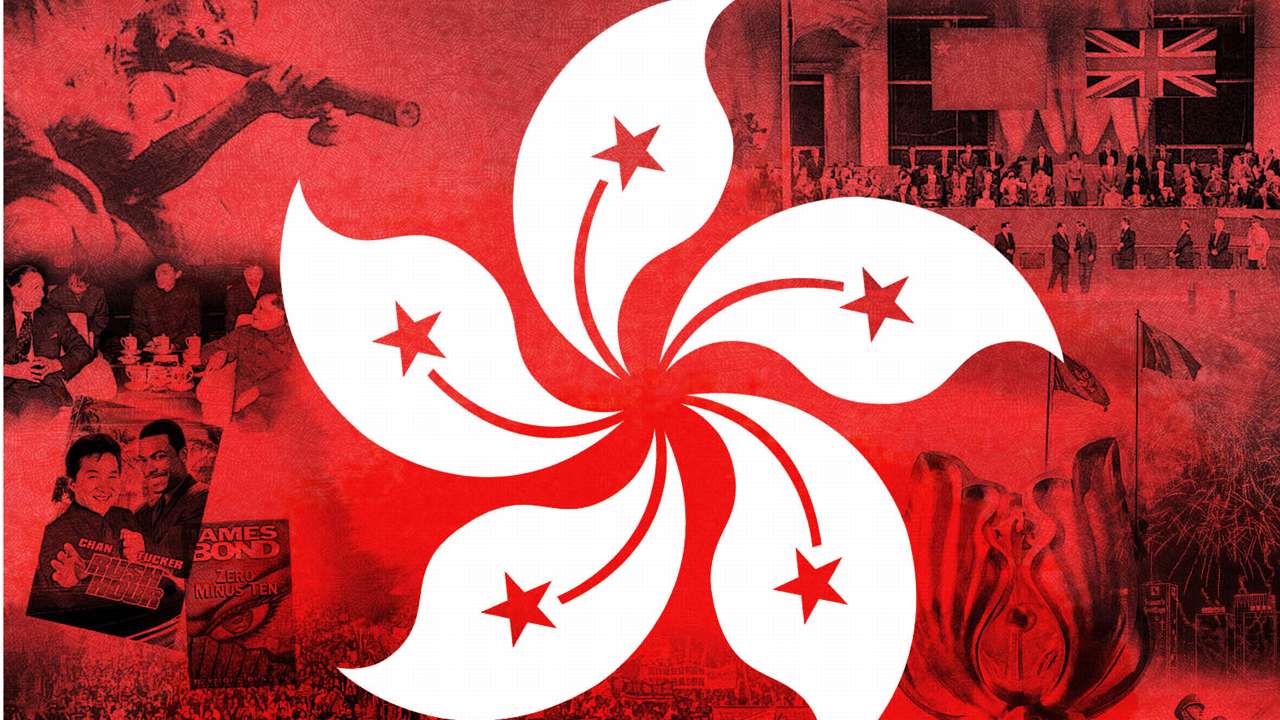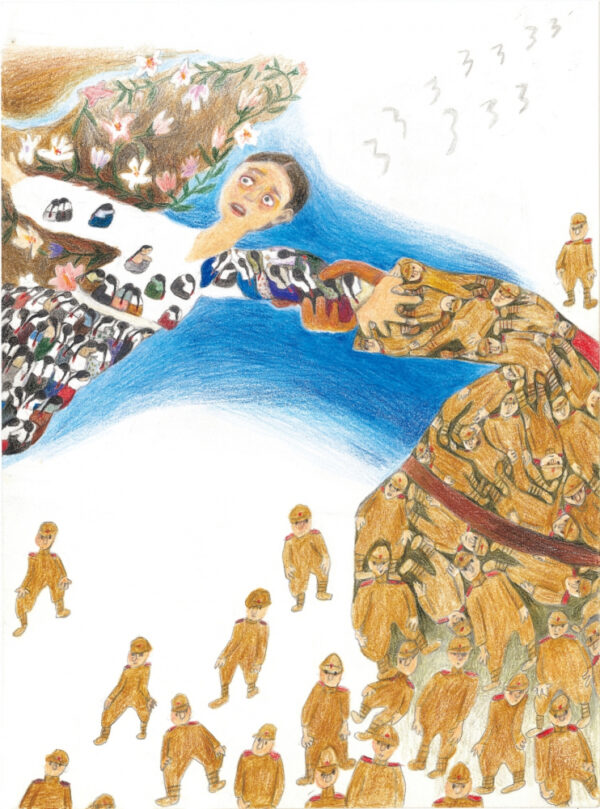India hosted the 8th BRICS Summit in the state of Goa from 15-16 October 2016. The country’s chairmanship of this summit reflects its broader involvement in global governance, and its assertive foreign policy stance with its neighbor Pakistan. However, in retrospect, India’s deployment of its agenda-setting power at the summit was ultimately ineffective in marginalizing Pakistan and diminishing the country’s international reputation. India’s hostility against Pakistan is indeed influenced by its relationship with other BRICS nations – like China and Russia.
BRICS (Brazil, Russia, India, China, and South Africa) is a multilateral association composed of five emerging economies that meet annually to discuss political, economic, and cultural cooperation. Under India’s presidency in 2016, the Goa BRICS Summit focused on building “responsive, inclusive, collective” solutions to international problems. However, it was India’s presidency that attracted the media’s attention.
On 15 October, Indian Prime Minister, Narendra Modi, delivered a vehement speech on counter-terrorism which was one of the agenda items at the summit. Although without explicitly naming any country, Modi implied that it was India’s long-standing-enemy, Pakistan – by calling its neighbor the “mothership of terrorism”.[1] Modi’s remarks reaffirmed that isolating Pakistan from the global governance sphere was a summit goal. At this year’s joint summit with BIMSTEC (Bay of Bengal Initiative for Multi-Sectoral Technical and Economic Cooperation), Pakistan was the only South Asian state uninvited.[2] In response to criticisms for exacerbating the already sour India-Pakistan relations, India’s deputy foreign minister Amar Sinha maintained that it did not intend to exclude any state. However, these defences have convinced neither the media nor the general public [3]
The two other BRICS members, Russia and China, currently serve as a barrier against India’s efforts to isolate Pakistan. India-Russo relations go back when the two countries were Cold War allies. However, recently, India’s alliance with Russia has been injected with uncertainty. This was because of Russia’s announcement to militarily cooperate with Pakistan. Russian troops are deploying on Pakistani soil to conduct joint military exercises with the Pakistan army.[4] While India has been attempting to isolate Pakistan from other states, Russia continues to sell attack helicopters to the country.[5] This decision has not put India on alert. Because of this, India took advantage of the Goa summit’s platform to vocalize that Russia’s military collaboration with a state that sponsors terrorism is inappropriate.[6]
Indo-Sino relations are even further complicated by China’s ties to Pakistan. At the Goa summit, Chinese leaders made two remarks to counteract India’s accusations against Pakistan. First, in an implicit response to Modi’s speech on Pakistan’s sponsoring of terrorism, China rejected his approach of associating terrorism with any state – rather than considering both Pakistan as a victim of terrorism.[7] Second, Chinese leaders reaffirmed their loyalty to bilateral relations with Pakistan – referring to Pakistan as an “all weather ally”.[8] Additionally, prior to the summit, China expressed its disapproval of India’s “irrational” decision to seal the border with Pakistan – following the Srinagar and Uri attacks on 18 September which led to the death of nineteen Indian soldiers.[9] India’s outlook on China also remain divided: frustration continues to linger over China’s military backing for Pakistan and India’s dependence on Chinese imports and investments.[10]
China’s clear bias and alliance with Pakistan can be interpreted in two ways. First, China has been advocating for both rival parties to deescalate tensions and engage in a fruitful dialogue. Considering China’s increasing investments in Pakistan, China’s foreign policy prefers the South Asian region to remain stable.[11] Second, China is using Pakistan as a leverage to balance India’s dominance in South Asia. Following the summit, Chinese domestic news source released an op-ed, expressing serious concern for a South Asian subcontinent without Pakistan to balance India.[12] This thought is rather evident on an international scale as well. For instance, China continues to block India’s characterization of Pakistani-militant-leader Masood Azhar as an UN-designated terrorist leader using its veto power at the Security Council.[13] More importantly, China’s unequivocal support for Pakistan in the longstanding conflict over Kashmir underpins India’s frustration towards its East Asian neighbor.[14]
Some argue that Modi misjudged the appropriateness of the BRICS summit as a platform to launch his diplomatic offensive against Pakistan.[15] After all, Pakistan is, and has been for a long time, one of China’s strategic assets in South Asia, and Russia has always been uncomfortable with the US using India as its “Asian Pivot”.[16] However, one can be sure that India was never oblivious. India knew that the BRICS communique could not have included a finger-pointing criticism towards Pakistan with the endorsement of Russia or China.[17] Overall, the Goa Summit did succeed in demonstrating the underlying tension between the two nuclear powers in South Asia. However, India’s strategy of promoting Pakistan’s faults was ineffective due to the distinctive intra-group dynamic between India, Russia, and China. The internal politics of BRICS pre-determined India’s misplaced efforts to use the summit as a vehicle of expressing discontent.
The content of this article does not represent the positions, research methods, or opinions of the Synergy Editorial Committee. We are solely responsible for reviewing and editing submissions. Please address all scholarly concerns directly to the contributor(s) of the article.
Angela Hou is an undergraduate student pursuing a major in International Relations. She is interested in contemporary Asian affairs, particular topics in the East Asian Region. She currently serves as a copy-editor for Synergy: The Journal of Contemporary Asian Studies.
[1] Christophe Jaffrelot, “BRICS and Walls,” The Indian Express, October 22, 2016
[2] Shailaja Neelakantan, “India Used BRICS-BIMSTEC Summit to Outmanoeuvre Pakistan, Chinese Media Says,” The Times of India, October 19, 2016
[3] “Absence of Pakistan at BRICS Summit Not Aimed at Isolating Islamabad,” Sputnik International, November 03, 2016
[4] Waqar K. Kauravi, “Op-ed: GOA and BRICS Faultlines,” Newsweek Middle East, October 26, 2016
[5] Christophe Jaffrelot, “BRICS and Walls,” The Indian Express, October 22, 2016
[6] Christophe Jaffrelot, “BRICS and Walls,” The Indian Express, October 22, 2016
[7] “Difficult to Link a ‘particular’ Country with Terror, Says China” Tehelka. October 17, 2016.
[8] Christophe Jaffrelot, “BRICS and Walls,” The Indian Express, October 22, 2016
[9] “Ahead of BRICS Goa Summit, China Says India Sealing Pakistan Border Is ‘irrational’” Catch News. October 11, 2016; “Absence of Pakistan at BRICS Summit Not Aimed at Isolating Islamabad,” Sputnik International, November 03, 2016
[10] Prasad, Srinivasa. “Brics Summit in Goa: After Isolating Pakistan, India Must Call China’s Bluff.” Firstpost India. October 13, 2016.
[11] Reuters, “Pak-India Tensions Seen Dominating Indian BRICS Summit,” Dawn News, October 14, 2016
[12] Shailaja Neelakantan, “India Used BRICS-BIMSTEC Summit to Outmanoeuvre Pakistan, Chinese Media Says,” The Times of India, October 19, 2016
[13] David Devadas, “Lessons from Brics 2016: Old Friends Are Good, but China Is Keen to Contain India,” Firstpost India, October 16, 2016
[14] Tanvi Dubey, “All Eyes on the Goa BRICS Summit as India to Sign Deal with Russia. Is Trouble with China on the Horizon?,” Your Story, October 13, 2016
[15] Prasad, Srinivasa. “Brics Summit in Goa: After Isolating Pakistan, India Must Call China’s Bluff” Firstpost India. October 13, 2016.
[16] G. Pramod Kumar, “India Is Making A Mistake By Turning BRICS Summit Into A Pakistan Bashing Programme,” Huffington Post India, October 15, 2016
[17] Ashok Sajjanhar, “BRICS, BIMSTEC, and Anti-Terrorism: What Did India Accomplish?” The Diplomat, October 25, 2016








